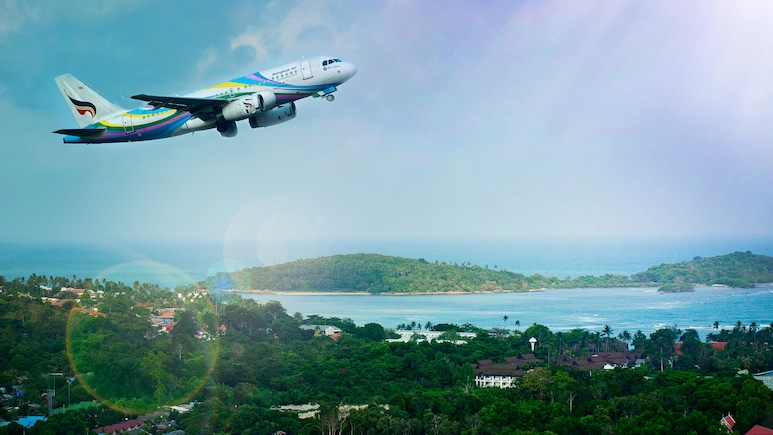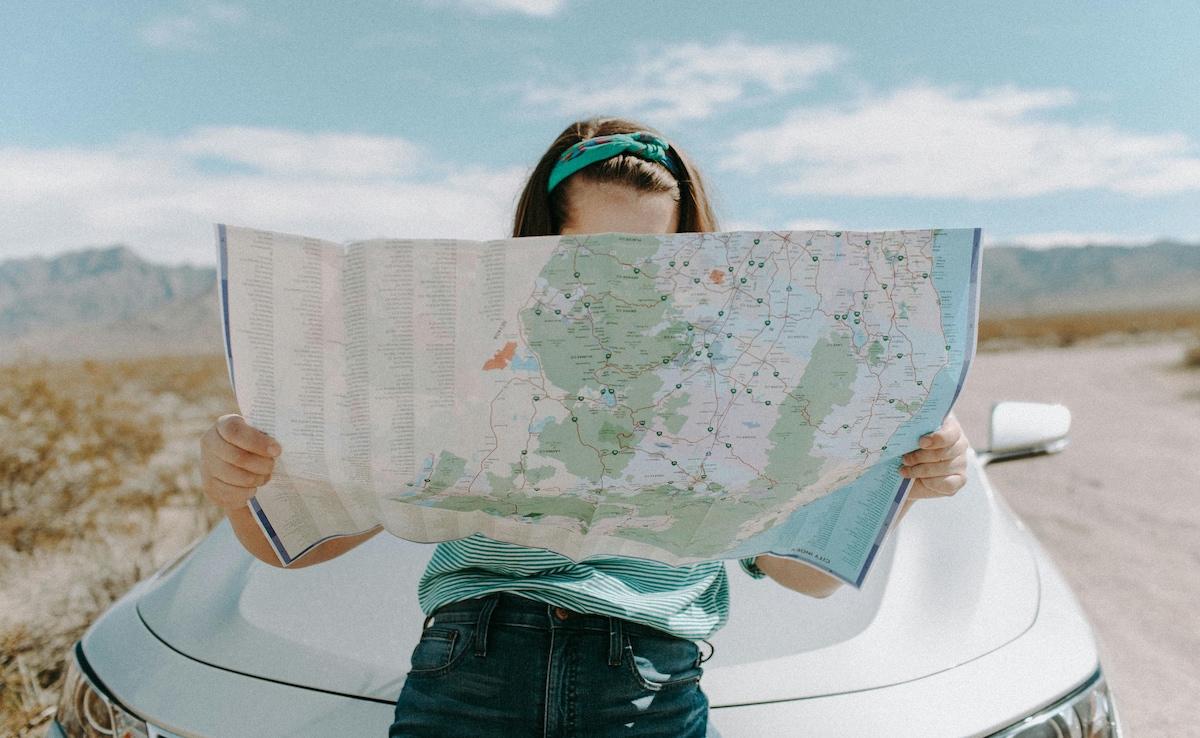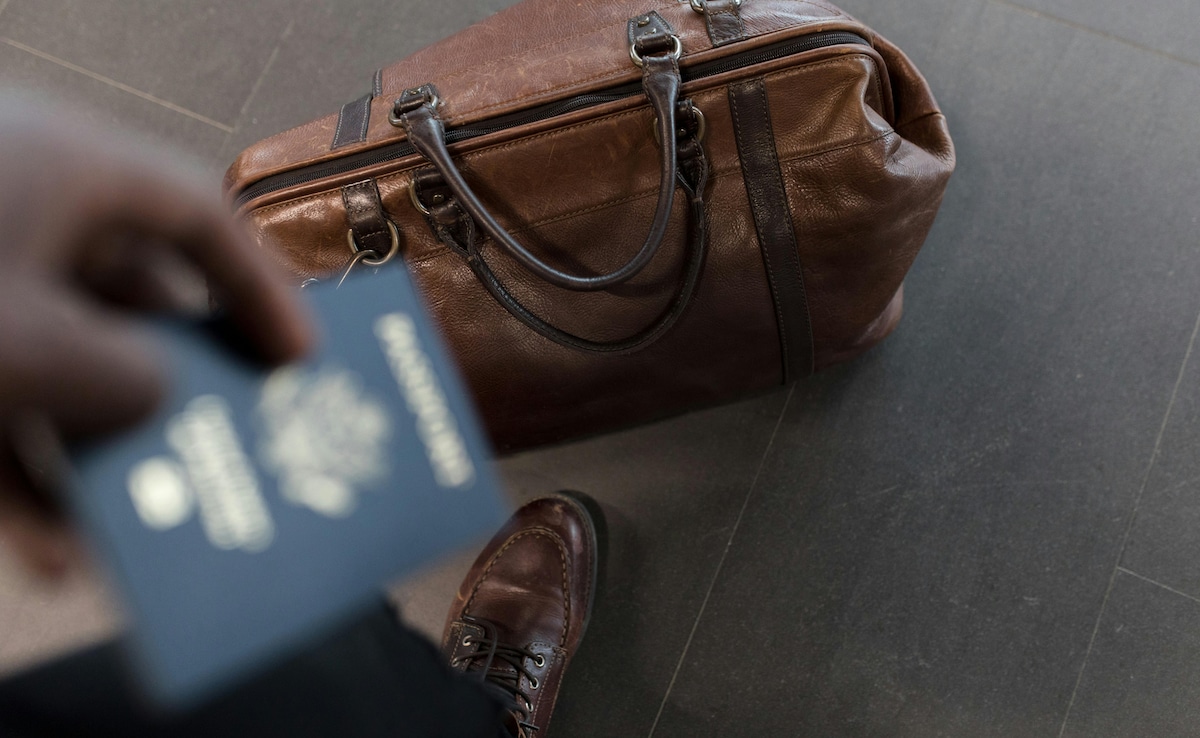
- Singapore bans chewing gum to maintain cleanliness since 1992
- High heels are prohibited at Greek ancient sites to protect stonework
- Camouflage clothing is illegal for tourists in several Caribbean countries
Travelling abroad is more than just food, architecture and Instagram-worthy moments. It is also about respecting local customs, some of which are written into law in ways that might surprise you. From being fined for chewing gum in Singapore to getting into trouble for wearing camouflage shorts in the Caribbean, these rules are very real. They are not urban legends, and knowing them could save you from fines, deportation, or simply the embarrassment of offending local culture.
While some sound quirky, most laws are rooted in history, cleanliness, safety or religious sensitivities. Understanding them makes you a better traveller and ensures you are not the one accidentally breaking the rules on your next holiday.
Why Are These Laws So Unusual?
What may look like over-the-top restrictions often has context. Some laws protect fragile heritage sites, others tackle pollution, while a few are about preserving social values. Looking at the reasoning helps you see them not as random bans but as extensions of a country's identity. And yes, they make for fascinating travel stories to tell once you are back home.
Also Read: 14 Bizarre Visa Questions That Travellers Have Actually Faced Globally
20 Strange Travel Laws Around The World:
Here is a country-by-country look at some of the strangest travel laws still in place.
1. Singapore: No Chewing Gum
Since 1992, Singapore has banned importing or selling gum, except therapeutic kinds. Spitting gum in public can still get you fined. The rule was introduced to keep the city's famously spotless streets clean.
2. Greece: No High Heels At Ancient Sites
At archaeological landmarks such as the Acropolis, high heels are banned. The rule prevents damage to fragile ancient stonework. Tourists are expected to wear flats or trainers instead.
3. Germany: Autobahn Rules On Fuel And Walking
Germany's Autobahn is known for high-speed driving. What is less known is that you can be fined for running out of fuel or walking on the highway. Both are considered preventable safety hazards.
4. Italy (Venice): Do Not Feed The Pigeons
Feeding pigeons in Venice's St Mark's Square is illegal. The law protects centuries-old buildings from damage caused by the birds. Visitors caught feeding them face fines.
Also Read: Will The Recent Changes In US H-1B Visa Affect Indian Tourists? What You Need To Know

Photo Credit: Pexels
5. Sri Lanka: No Selfies With Buddha
Turning your back to a Buddha statue for photos is seen as deeply disrespectful and is illegal in Sri Lanka. Travellers have faced fines and even deportation for this.
6. France: Speedos Only At Public Pools
Loose swim shorts are banned in public swimming pools across France. Only fitted swimwear such as Speedos is permitted, mainly for hygiene reasons.
7. Poland: Winnie The Pooh Ban In Playgrounds
In some Polish towns, Winnie the Pooh has been removed from playgrounds because he does not wear trousers. Authorities ruled him unsuitable as a children's mascot.
8. Spain: No Sandcastles On Certain Beaches
On beaches in places such as Eraclea and parts of Majorca, building sandcastles can get you fined. The law is aimed at keeping public spaces tidy and orderly.
9. Caribbean Islands: No Camouflage Clothing
In countries such as Jamaica, Barbados and St Lucia, camouflage patterns are strictly for the military. Tourists wearing camo clothing risk being fined or questioned by authorities.
10. Japan: No Codeine Medicines
Common cold or pain medicines with codeine are banned in Japan. Carrying them can lead to detention or even deportation. Always check medication rules before travelling.
11. Japan: Splashing Pedestrians Is Illegal
Another Japanese rule focuses on courtesy. Drivers who splash pedestrians by speeding through puddles can be fined. Road etiquette is taken very seriously.
12. USA (Oklahoma): Do Not Distract Service Dogs
In Oklahoma, teasing or distracting a service dog is against the law. These animals are legally protected while working.
13. Bulgaria: Carry A Fire Extinguisher In Your Car
In Bulgaria, every car must have a fire extinguisher on board. Forgetting one is considered both illegal and unsafe.
14. Italy (Florence): No Late-Night Ice Cream
Eating gelato after 10 pm in Florence's historic centre is banned. The law reduces noise and litter in heavily visited tourist areas.
15. Singapore: Always Flush Public Toilets
Singapore takes cleanliness seriously. Failing to flush a public toilet can result in fines, with regular inspections carried out to enforce the rule.
16. South Korea: Remove Shoes In Temples And Parks
At certain temples and public parks, wearing shoes is seen as disrespectful. Visitors are expected to remove them before entering.
17. Bolivia: Married Women Limited To One Glass Of Wine
An old law in La Paz technically limits married women to one glass of wine in public. While rarely enforced today, the law still exists.
18. USA (Florida): No Passing Wind On Thursdays After 6 PM
A law dating back to the 1800s makes it illegal to pass wind in public after 6 pm on Thursdays. It is not enforced today but technically remains on the books.
19. Canada (Toronto And Ottawa): Climbing Trees Needs A Permit
In Toronto and Ottawa, climbing trees in public spaces requires official permission. The law was introduced to protect urban greenery.
20. Southeast Asia: No Durians On Public Transport
The famously pungent durian fruit is banned from buses, trains and hotels in Singapore, Malaysia and Brunei. The smell alone can get you removed.
Also Read: From $15000 Bond To Mandatory Interviews: 5 New US Visa Updates Travellers Should Know

Photo Credit: Pexels
Travel Tips Before You Fly:
- Check official tourism websites or embassy advisories for local rules.
- Avoid restricted medicines, clothing or items that may clash with local laws.
- Be extra cautious at religious or heritage sites where respect is non-negotiable.
- When in doubt, follow the lead of locals.
The Bottom Line:
Strange as they may sound, most of these laws are rooted in cultural pride, safety or heritage protection. As much as travel is about food and sights, it is also about adjusting to local rules, no matter how unusual they seem. Next time you are packing, remember that something as simple as your shoes, your chewing gum or even your swimming shorts could make the difference between a smooth trip and an awkward run-in with the law.
Track Latest News Live on NDTV.com and get news updates from India and around the world

